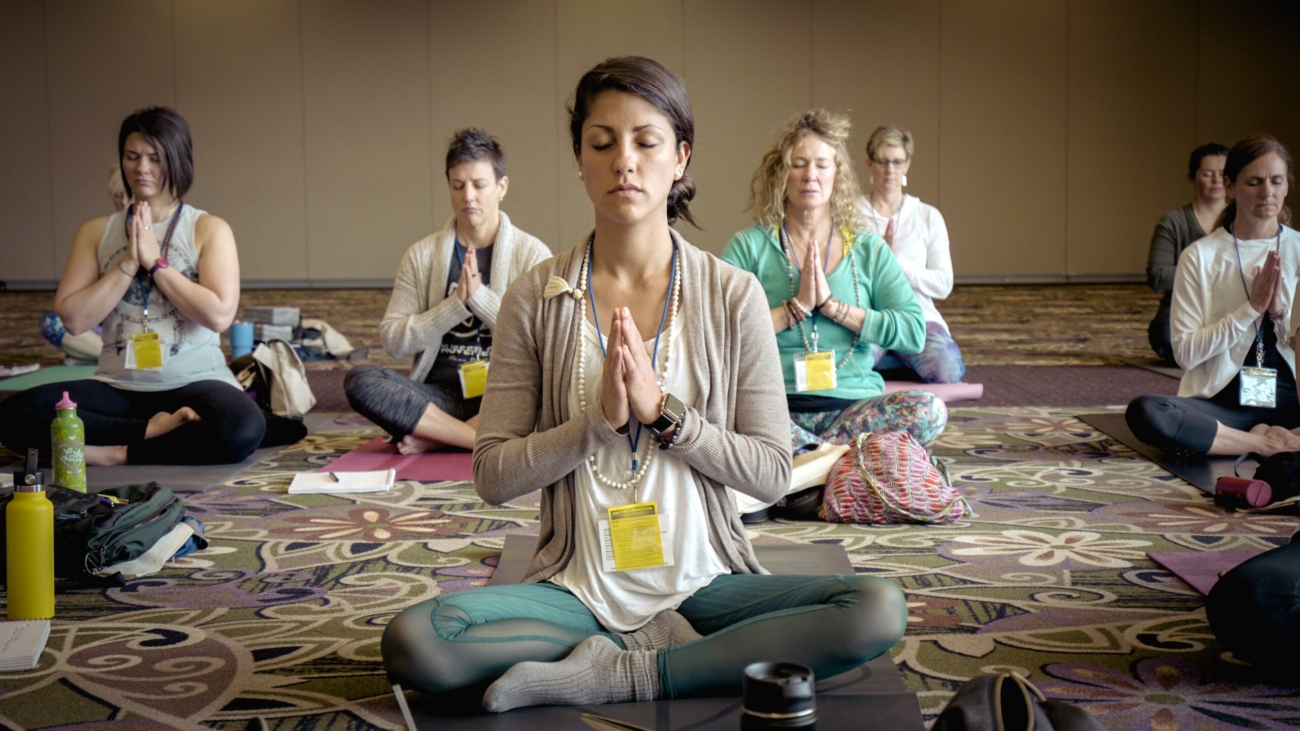If you’re looking for ways to improve your health, meditation can be a great way to start. In this article, we’ll explore the basics of meditation and how it can help with better mental and physical health. By the end, you will have a better understanding of the basics of meditation and how to get started.
Introduction: What is Meditation?
Meditation has been practiced for centuries, with roots in Eastern religious and spiritual traditions. But it’s not just for people who subscribe to these practices. In recent years, meditation has been increasingly adopted by Westerners as a way to improve overall health and well-being. There are many different ways to meditate, but the basic premise is always the same: to focus and quiet the mind. This can be done through mindfulness (focusing on the present moment), breathing exercises, or other techniques.
The benefits of meditation are vast and well-documented. Some of the most commonly cited include reduced stress and anxiety, improved sleep, increased focus and concentration, and enhanced self-awareness. Meditation can also help to reduce blood pressure, chronic pain, and inflammation. If you’re new to meditation, it can be helpful to start with some basic guidance. There are many excellent books, articles, apps, and classes available that can teach you how to meditate effectively. Once you get started, you may find that it’s easier than you thought – and that it offers lasting benefits for your mind, body, and spirit.
Physical Benefits of Meditation
When you meditate, your body relaxes and your breathing slows down. This has a host of physical benefits, including lower blood pressure, improved circulation, reduced stress hormones, and more.
Meditation can also help with chronic pain by increasing pain tolerance and reducing the perception of pain. Studies have shown that meditation can be just as effective as medication for some types of pain.
In addition to the immediate benefits of meditation, it also has long-term effects. Regular meditation has been shown to improve immunity, fight depression and anxiety, and even slow the aging process.
Mental Benefits of Meditation
Meditation has been shown to offer a plethora of mental benefits, including improved focus and concentration, reduced stress and anxiety, increased self-awareness and emotional stability.
A regular meditation practice can help to still the monkey mind, providing a respite from the constant chatter of thoughts that can often lead to feelings of stress and anxiety. In addition, meditation can help to sharpen focus and concentration, as well as improve your overall sense of self-awareness.
Types of Meditation
There are many different types of meditation, each with their own benefits. Some of the most popular types of meditation include: Transcendental Meditation:
Transcendental Meditation (TM) is a type of mantra meditation. Mantra meditation involves repeating a certain word or phrase over and over again. The goal of TM is to transcend thinking and achieve a state of pure consciousness.
Mindfulness Meditation: Mindfulness meditation is all about being present in the moment and observing your thoughts and feelings without judgment. This type of meditation can be helpful in reducing stress and anxiety.
Guided Meditation: Guided meditation is a type of meditation where you are guided by someone else, typically through audio recordings. This can be an effective way to learn how to meditate, especially if you are new to the practice.
There are many other types of meditation, including but not limited to: loving-kindness meditation, body scan meditation, breath awareness meditation, etc. Ultimately, the best type of meditation for you is the one that you will stick with and that works for you. Experiment with different types of mediation until you find the perfect fit!
Tips for Beginners to Develop a Regular Practice
If you’re just starting out with meditation, it can be tricky to develop a regular practice. Here are a few tips to help you get started:
1. Find a comfortable place to sit or lie down. You don’t need to be in a perfectly quiet environment, but it should be free from distractions like TV or loud music.
2. Start with just a few minutes of meditation at a time. Once you’re comfortable with that, you can gradually increase the length of your sessions.
3. Try different types of meditation to see what works best for you. There are many different approaches to meditation, so experiment until you find one that feels right for you.
4. Be patient and don’t expect immediate results. The benefits of meditation take time to unfold, so stick with it even if it feels challenging at first.
Common Challenges when Practicing Meditation
When starting out with meditation, it is common to face many challenges. The most common challenge is staying focused during meditation. It is easy to get distracted by thoughts or external stimuli, but with practice, it becomes easier to focus on the breath and remain in the present moment.
Another common challenge is dealing with restlessness or boredom. Sometimes it can be difficult to sit still for an extended period of time, but again, this gets easier with practice. It may help to start with shorter meditation sessions and gradually increase the length of time you meditate.
It is also common to experience sleepiness when first starting to meditate. This is natural and nothing to worry about. Just allow yourself to drift off if you start feeling sleepy and eventually you will find that meditation helps you become more alert and awake.
Meditation can be challenging at first, but stick with it and these challenges will eventually become manageable.
Conclusion: The Wonders of Meditation
Meditation has been shown to provide numerous health benefits, both mental and physical. If you’re looking to improve your overall wellness, give meditation a try. It’s simple, free, and easy to do anywhere.

